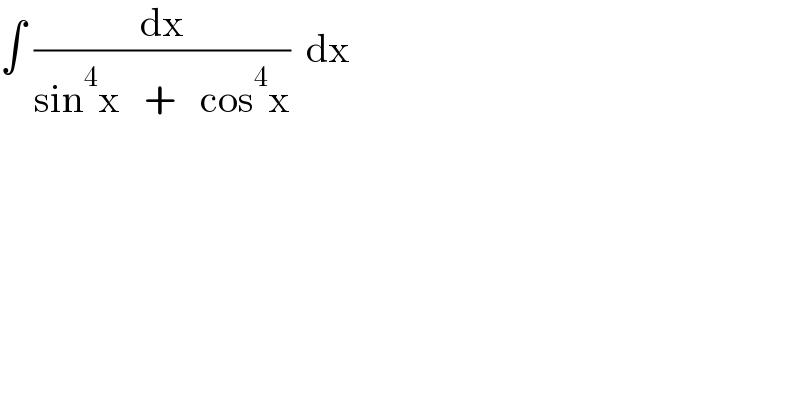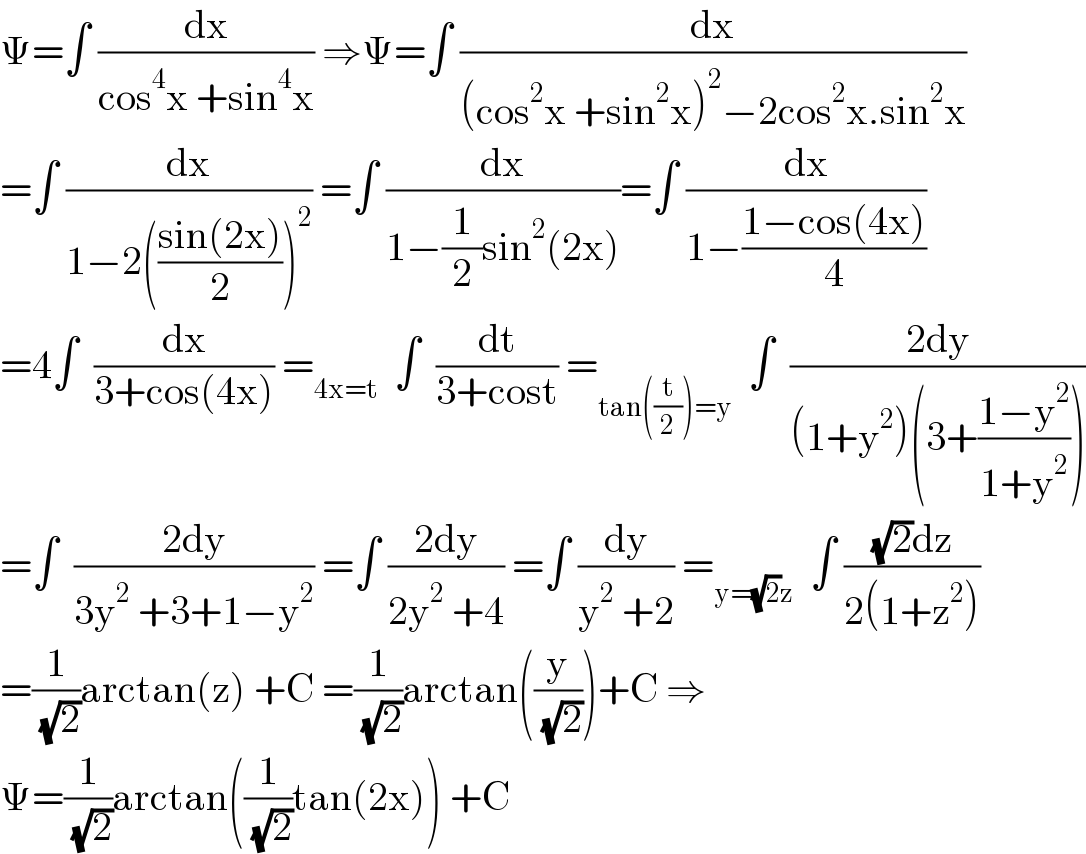
Question and Answers Forum
Question Number 141507 by I want to learn more last updated on 19/May/21

Answered by mathmax by abdo last updated on 19/May/21

Commented by I want to learn more last updated on 19/May/21

Answered by peter frank last updated on 19/May/21

Answered by peter frank last updated on 19/May/21

Commented by I want to learn more last updated on 19/May/21

Commented by I want to learn more last updated on 19/May/21

Commented by Rozix last updated on 20/May/21

Commented by mathmax by abdo last updated on 20/May/21

